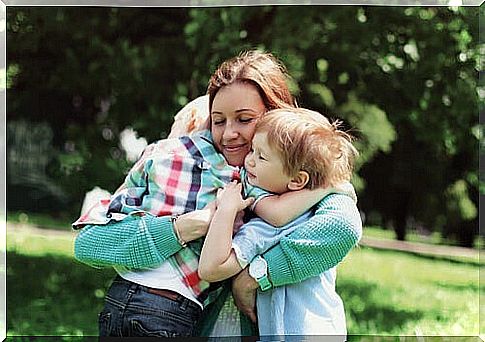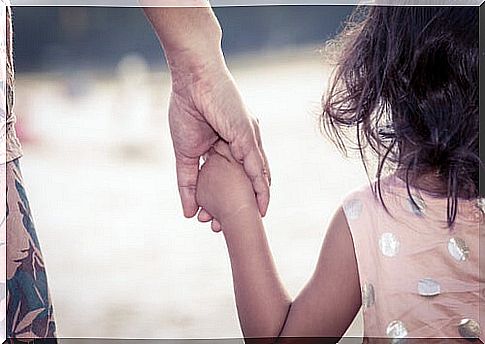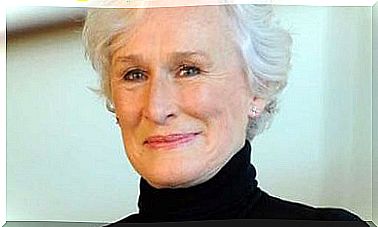Accept Your Children As They Are

When we are parents, it is easy to fall into the error of projecting ourselves onto our children, of trying to transmit to them -and in some cases demand- our own dreams, fears and desires: trying to live or relive how we would have liked our life to be through them. On the other hand, faced with this temptation, the reality prevails that educating is not an easy task.
The positive part is that, in this kind of fog, some rules appear that can serve as references for a healthy upbringing. One of them is unconditional acceptance: it involves recognizing the individuality and essence of our children, honoring them and appreciating them for who they are.
When you accept, you do not give room to rejection, power struggles or the attempt to control. You only guide and accompany from love. There is no other possible outcome than an emotionally healthy, strong, secure individual and a parent-child bond based on mutual respect.

Accept your children as they are
Avoid labeling them
From the moment the children are born, we begin to add adjectives to them: “he is a very calm baby”, “he is a very shameful child”, “he is very disobedient”. All these seemingly harmless affirmations end up penetrating the minds of the little ones and shaping their personality.
Not only that, when we label a child we are judging him. We are showing that we had expectations, that we include its potential within limits that can act as a drag on its development.
Also, on many occasions, we can make them carry our wish that they were different, that if they were, we would love them more.
When we repeat to a child that he is very shy or that he is too unruly, we express our rejection and our intention that he be more sociable or calmer. Perhaps, for this reason, we do not stop accepting them unconditionally, but there is a possibility that we transmit it and they come to feel it that way.
If we need to correct our children, it is better to focus on specific behaviors. “You have to pick up the toys after playing, it is not good to leave them on the floor” is much more appropriate than “you are messy, you always leave everything thrown away.”
Avoid comparisons
For the same reason, it is necessary to avoid comparisons with their siblings, friends or other children. Every human being is different and children also have the right to develop their own personality. Furthermore, we cannot convey to them the idea that error makes them worse.
If you want to encourage your child to improve his abilities or skills, make a comparison with himself. Invite him to improve every day. But don’t resort to statements like: “learn from your brother” or “your cousin is much more studious.”
Accept your children and accompany them in their own development
Make an intelligent management of the expectations that your children generate in you. Remember that they were not born to please you, to fulfill the desires that you left on the road or to achieve the goals that were elusive to you.
Perhaps you wish your child was a skilled athlete; however, he loves art. Perhaps, with your best intention, you try to encourage him to choose a certain career path when his wishes, or even doubts or hesitations, may go the other way.
In the same way, maybe his way of dressing or his friends does not match what you expected ; in fact, they most likely don’t match. But this does not mean that they are worse, that you should judge them or try to modify them. Instead, focus your energy on weaving a thread so that these differences do not take him away from the family environment.

Discover and appreciate who they are
Spend time with him, talk to him, discover what his fears are, his goals and his way of seeing the world. Take an interest in who he is and accompany him in his own development, because accepting does not imply staying on the sidelines. The role of a father and a mother are invaluable. Its role of guide, orientation and support.
Undoubtedly, your life experience gives you a broader perspective that can be of great help to your children when they have doubts. However, do not try to impose, but to advise; finally each one will have to assume as their own the most important decisions of their life.
Unconditionally accept your children; Doing so will help them learn to accept themselves. So that they are not judged, limited or rejected. So that they have the confidence to explore, experiment and, above all, to be, without guilt or fear.









